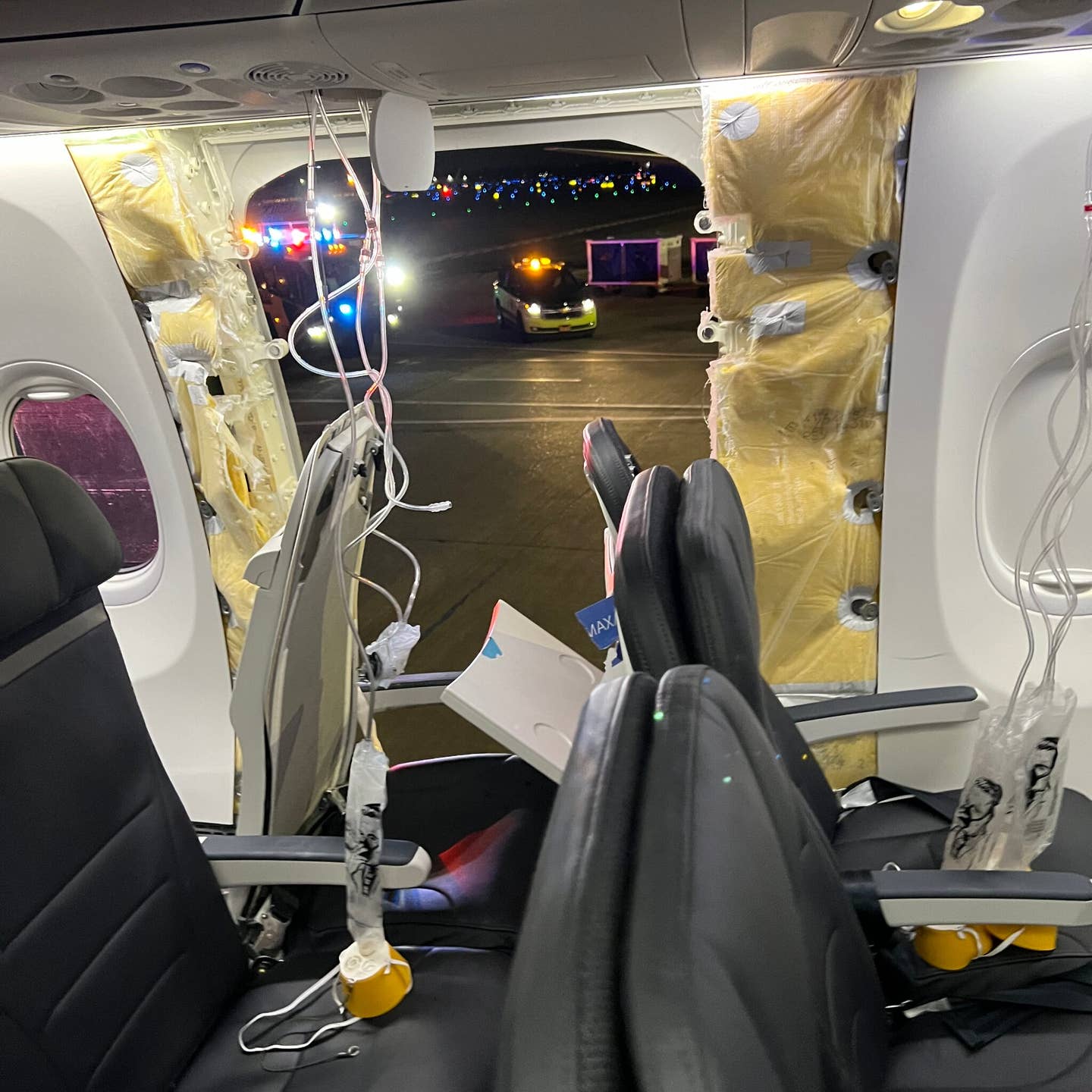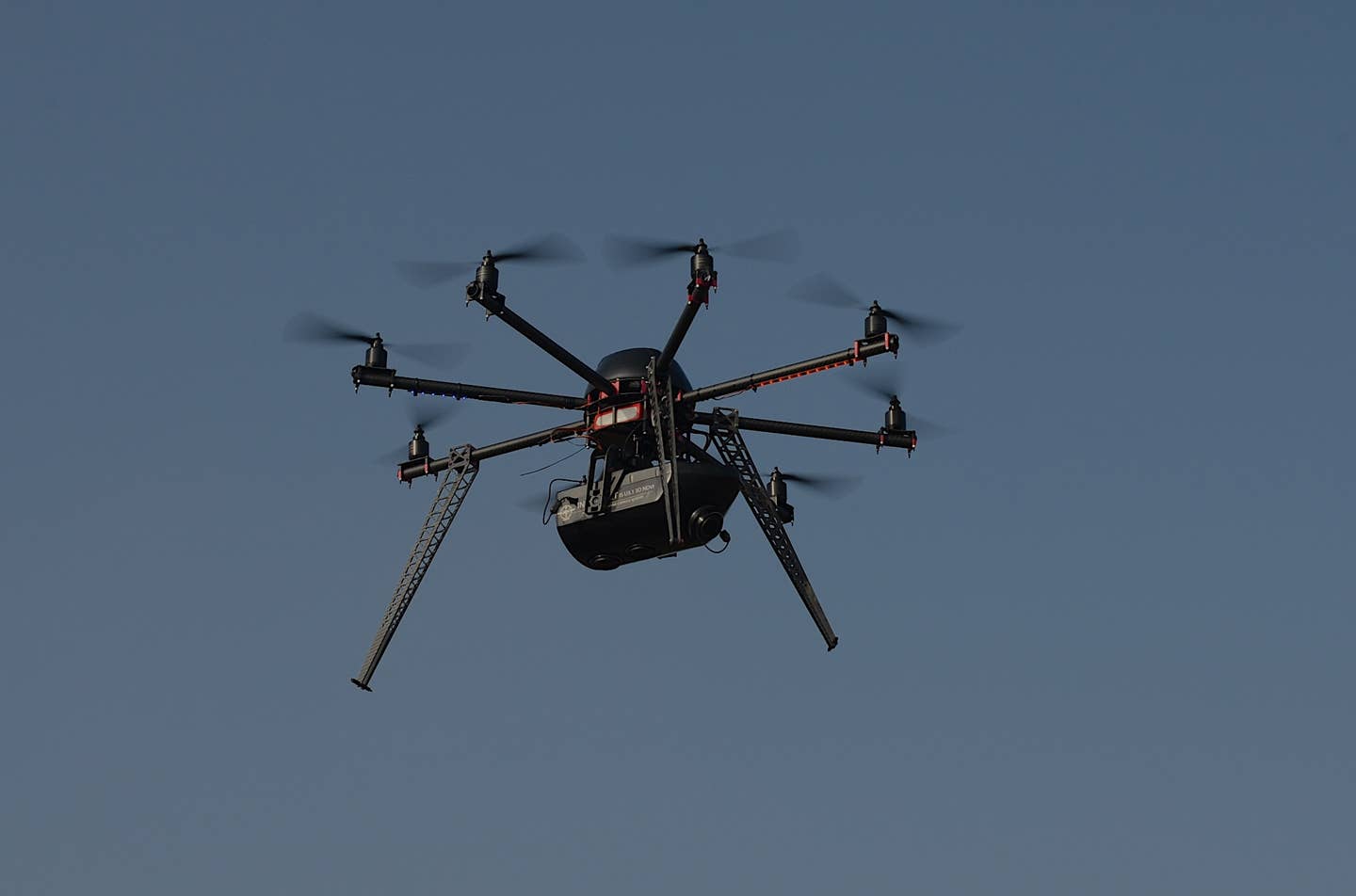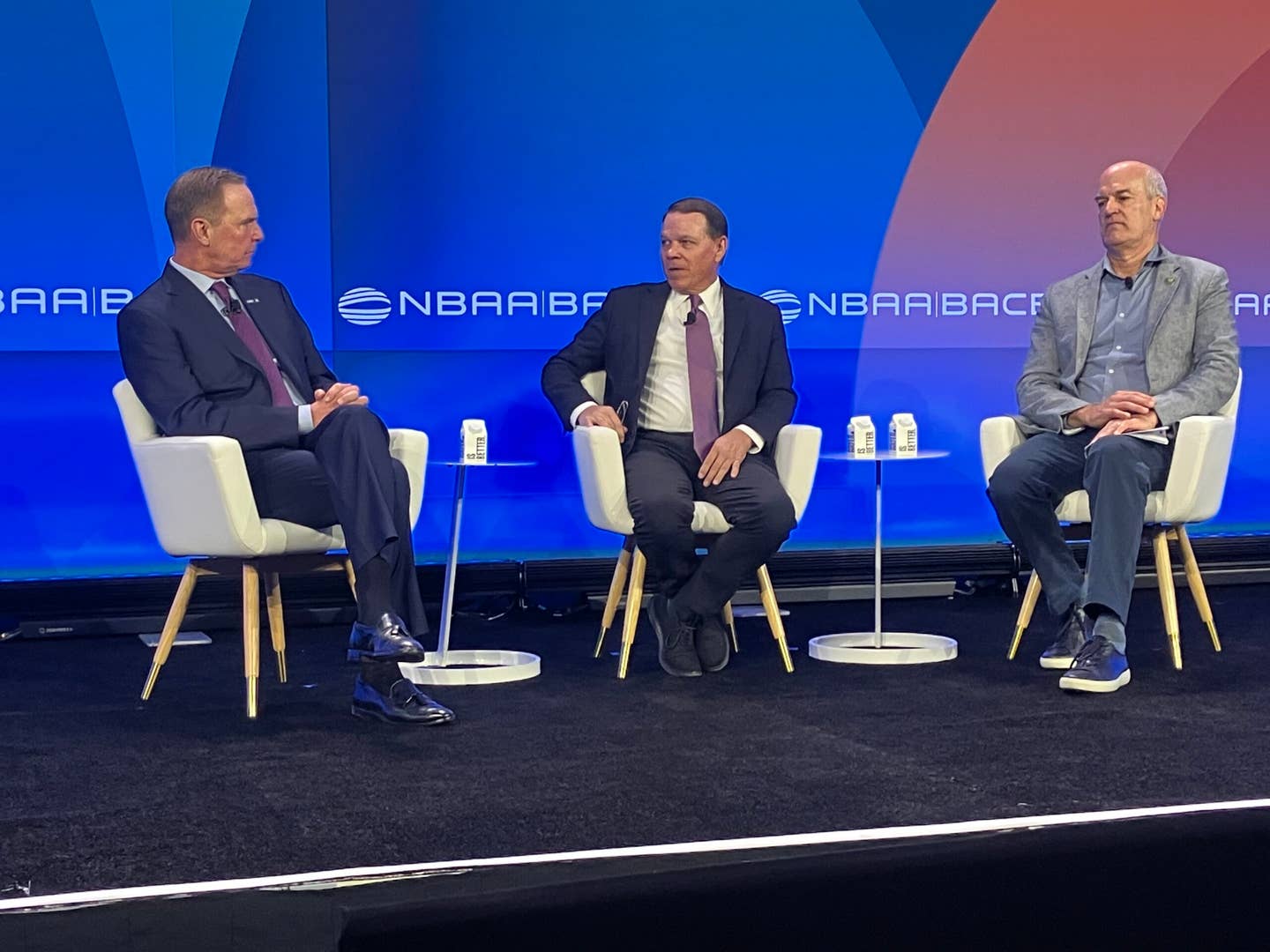Another Close One: How Long Can Luck Last?
As anyone who has gambled long enough knows, luck doesn’t last forever.

The number of cable TV experts on speed dial to add virtually nothing to our furtherance of understanding about what happened in Oregon on Friday afternoon is almost as staggering as the event itself. The need to get someone to talk about this inanely when only a few people have anything that could possibly contribute to the knowledge of what happened is, I guess, a testament to the endless news cycle. Honestly, if I hear the breathless CNN lady talk about passengers' "hair blowing around" I might have to turn the channel. Yeah, right.
If I could have my wish of who to interview about this, it would be the suddenly shirtless little boy and his panicked mother who abruptly got a sweeping view of the post-dusk Oregon countryside. Those two individuals have a lifetime of stories to tell, if that's how they choose to move on with a life journey they came ever so close to having ripped from them in the freezing slipstream. I would ask them how they could ever trust anything again when something as seemingly straightforward as a piece of the fuselage could fail so spectacularly and endanger them so viscerally. What were they thinking when that cacophony of violence enveloped them?
I write this after spending the day in the care of Boeing and its customers, although not on a MAX 9. I never gave a second thought to stepping aboard, but I did check the seat card that identified the aircraft. Both were 737 800s, the NG series that preceded the MAX and have a pretty good safety record. There are plenty of people who know more about such things than I who thought that should have been the final iteration of the world's most numerous airliner. Boeing figured it could get one more squeeze out of the lemon and I have to say, notwithstanding my nonexistent understanding of the nuts and bolts of aerospace engineering, I now question that wisdom.
So, where do we go from here? That question might be easier to answer if the 737 mishap didn't happen barely a week after the runway collision in Japan that tragically killed five people but miraculously didn't kill the other 400 or so involved. Sheesh. And I suppose we can take some comfort from the fact that the outcome at Haneda is at least partly attributable to engineering and materials advances, not to mention the training and commitment of the frontline airline workers—advances made through the grim experience of the thousands of less fortunate aircraft crash victims who preceded the "lucky" survivors in Japan.
And let's not forget the 19 really close shaves, and hundreds of merely sphincter-tightening moments at U.S. airports in the past year, any one of which could have had a huge body count. Part of me thinks that it all points to a system that is over capacity, a workforce that is stretched to the limit and a bureaucracy that seems powerless to do anything but study it. The other part of me is just thankful aviation's number isn't up yet.
It makes me want to do something and it frustrates me that I can't. I'm hundreds of miles from those pretty Oregon woods where a Boeing 737 MAX 9 door plug lies waiting to give up its secrets. NTSB Chair Jennifer Homendy has asked residents of the area south of Portland to get out in the damp and mild Oregon winter air, to poke around their backyards and look in the ditches for the hunk of aluminum and plastic that dropped into their lives after so profoundly affecting those of so many others. I'd like to give them a hand because at least that piece of aerospace flotsam holds some answers to how we might prevent whatever design, material or workmanship deficiency that led to the Friday miracle from striking again.
Icing on the cake would be having that boy and his still-shaking mom along when we spot the glint of shine in the mossy dankness. Because not only would it begin the dry and monotonous technical study of just how something so freaking simple could fail, it might also give that mother and son tactile context for an event that will likely shape their lives from here on.






